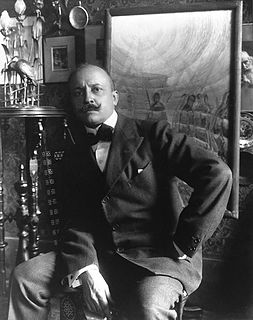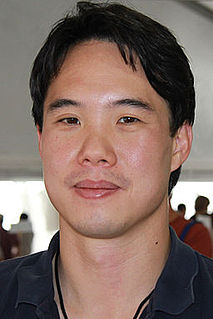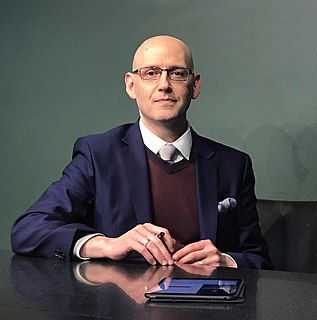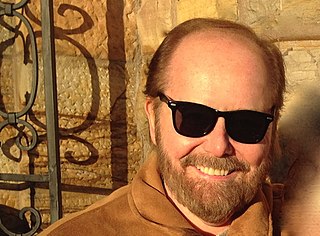A Quote by Jill Talbot
How long do we live in the fictions of our past? And how do we convince anyone that who we write is not necessarily who we are?
Related Quotes
But how to know the falsity of death? How can we know there is no death? Until we know that, our fear of death will not go either. Until we know the falsity of death, our lives will remain false. As long as there is fear of death, there cannot be authentic life. As long as we tremble with the fear of death, we cannot summon the capacity to live our lives. One can live only when the shadow of death has disappeared forever. How can a frightened and trembling mind live? And when death seems to be approaching every second, how is it possible to live? How can we live?
Life isn't about how popular you are. What girl or boy you are dating or who you know. Life is about always being true to who you are or what you believe in. Never let anyone convince you that their way is better than your way. In the end all we have is our hearts.. and our minds. This is the reason we sing.. this is the reason we cry... this is why we live.
At times it may seem worse - harder, at least - to live through the despair of this loss without the temporary comfort of our addictive behaviour. We cannot drown our sorrows. We must face the fact that we don’t know, really, where we are, how we got here, how long the pain will last, or how to move past it. That uncertainty may be the most painful part of not knowing a God: no one is there to reassure us that a God will take the pain and confusion away. We simply don’t know. And we have no way to numb ourselves or to forget the condition we’re in.

































